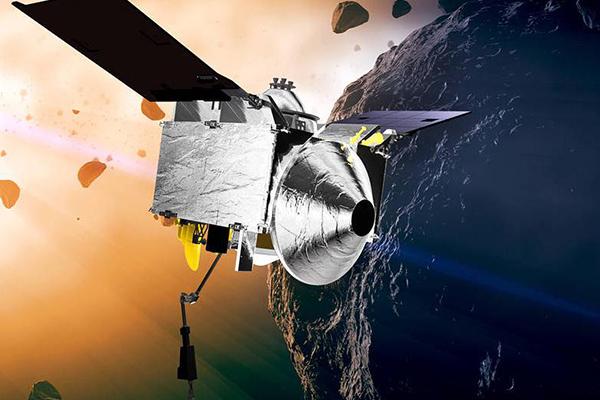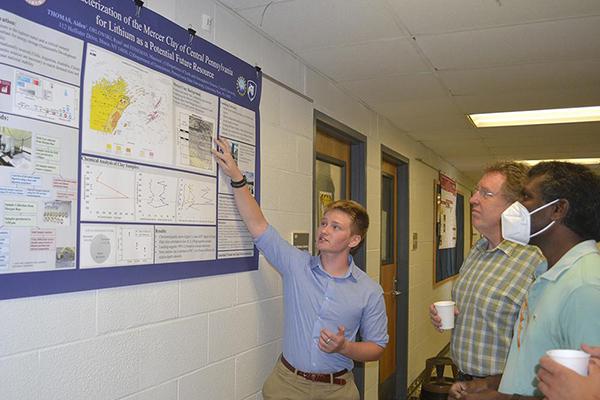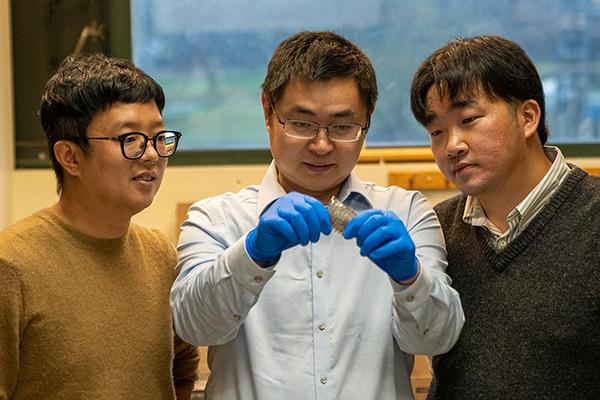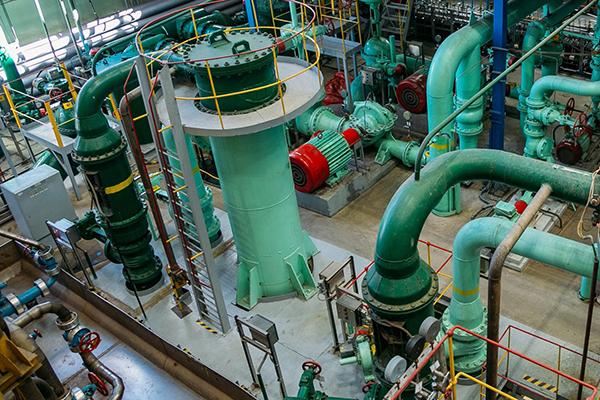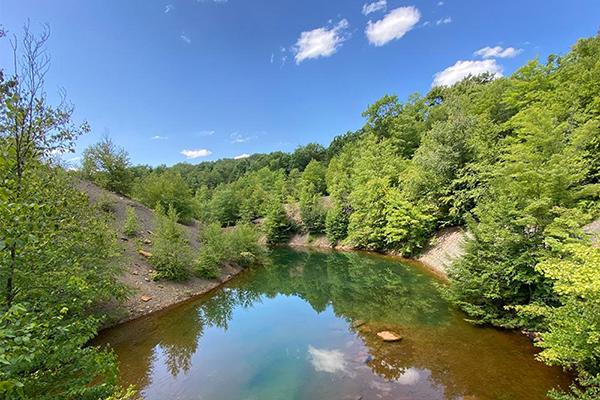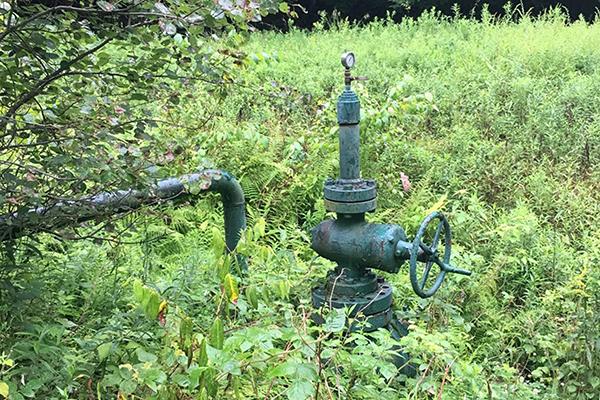Read the latest news about research conducted by investigators in the College of Earth and Mineral Sciences. Our faculty and students are continually advancing technology, creating solutions and expanding knowledge with new and innovative research.
News
Three Penn State faculty — Kate Freeman, Evan Pugh University Professor of Geosciences, Christopher House, professor of geosciences, and Allison Baczynski, associate research professor of geosciences — have been selected to join the NASA Origins, Spectral Interpretation, Resource Identification, and Security–Regolith Explorer (OSIRIS-REx) mission to analyze samples from the asteroid Bennu.
The geosciences fields are at a turning point, where the jobs of the next 50 years are likely to be quite different from the jobs of the last 50 years.
Electronic devices, such as robotics or medical devices, are becoming more flexible as technology advances, so Penn State researchers have developed a fully rubbery stretchable diode that maintains performance.
This fall, NASA’s Curiosity rover reached new heights.
Srinivas Chokkakula, Ministry of Jal Shakti Research Chair with the Centre for Policy Research in New Delhi, will give the talk “Conflicts and Complicit Climate Change: Transboundary Water Governance in South Asia” as part of the Department of Geography’s Coffee Hour lecture series.
Soft, elastic semiconductors and circuits could advance wearable medical devices and other emerging technologies, but the high-performance electronics are difficult and expensive to manufacture.
A small percentage of land and coastal waters provides most of the global population with the ecosystem services needed to support human well-being, and maintaining these areas can advance the United Nations’ development, climate and biodiversity conservation goals, according to an international team of researchers.
A team of researchers at Penn State is investigating how contaminants in power plant water cycles affect the integrity of steel pipes and tubing in power generation systems.
Penn State’s Center for Critical Minerals has developed a new purification process that extracts mixed rare earth oxides from acid mine drainage and associated sludges at purities of 88.5%
Tapping into abandoned oil and gas wells in Pennsylvania, products of the state’s long history of energy extraction — could provide a future source of affordable geothermal energy, according to Penn State scientists.



